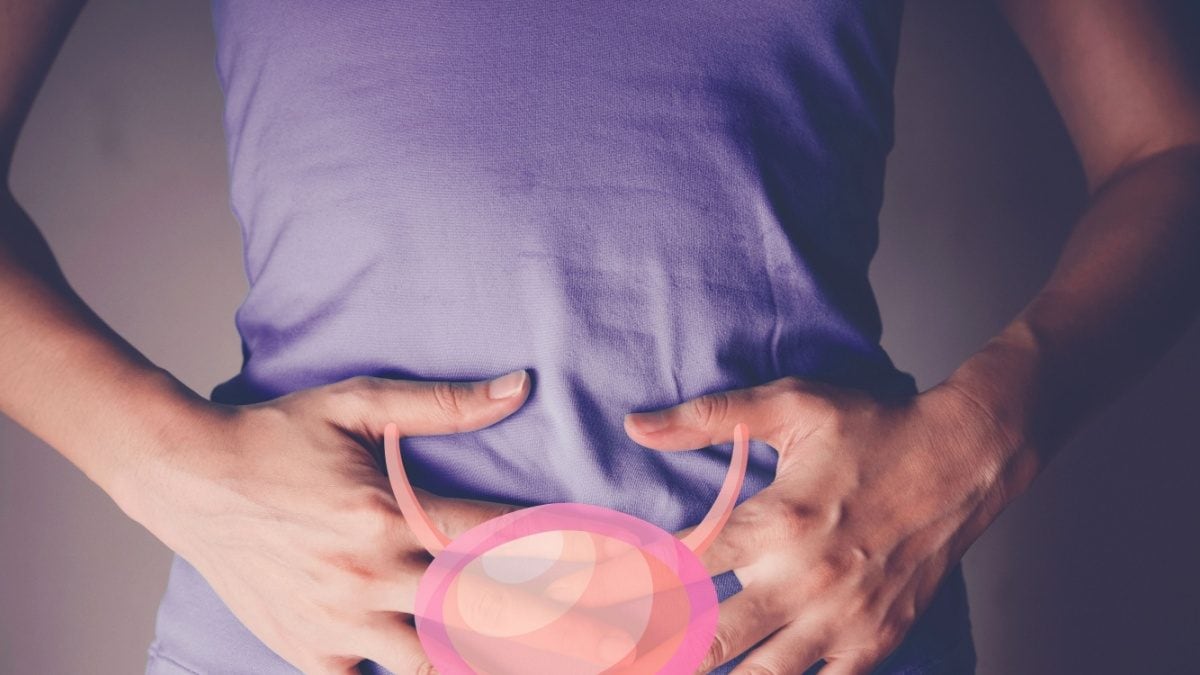Polycystic ovary syndrome affects women in different ways, so symptoms may vary.
Women with PCOS may opt for IVF to conceive. With IVF, they have a better chance of getting pregnant with minimal risks.
In recent years, PCOS has become a widely recognized hormonal disorder. It affects between 8% and 13% of women of reproductive age and is characterized by hormonal imbalances, irregular menstrual cycles, acne, weight gain, and excessive hair growth. These symptoms can vary from person to person and are easily confused with other disorders, making diagnosis difficult. The WHO states that around 70% of women suffering from this condition remain undiagnosed worldwide, significantly affecting their quality of life and overall well-being.
Understanding Polycystic Ovary Syndrome
Polycystic ovary syndrome is a hormonal disorder that affects the ovaries, crucial organs of the female reproductive system responsible for producing hormones and eggs for fertilization. When you have polycystic ovary syndrome, your ovaries produce an unusually high amount of hormones called androgens, causing an imbalance in the ratio of reproductive hormones that regulate ovarian function.
Dr Swati Mishra, IVF specialist at Birla Fertility and IVF in Kolkata, says, “Women are born with a fixed number of eggs, stored in small sacs or follicles in the ovaries, located on either side of the uterus. In a healthy woman with a normal menstrual cycle, these follicles grow and burst, releasing an egg into one of the fallopian tubes every month to be fertilised by sperm.”
However, hormonal imbalances in PCOS prevent these follicles from growing or releasing an egg. Instead, immature eggs build up in the ovaries and form cysts. The eggs are not released, so the woman does not bleed. Lack of ovulation and irregular periods make it difficult for women with PCOS to conceive. This is the case for most women affected by PCOS. However, in some cases there are no symptoms and the condition is only identified when trying to get pregnant.
The causes
Although PCOS is a very common condition, its exact cause is not known. “The most common argument is that high levels of male hormones prevent the ovaries from producing female hormones and eggs normally. Insulin resistance, obesity and inflammation are also considered reasons for excessive androgen production. Studies also suggest that PCOS is passed down through families and several genes are likely to contribute to the condition,” adds Dr. Mishra.
Symptoms
Typically, people with PCOS have at least two of three symptoms: irregular or missed periods, signs of excess androgens, enlarged ovaries, or a polycystic appearance of the ovaries on ultrasound.
While these signs require diagnosis, there are some commonly visible signs: hair loss, excessive hair on the face and body, oily skin, acne, darkened skin, skin tags, lower abdominal pain, weight gain, ovarian cysts, and mood swings.
The treatment
Dr Mishra jokes, “There is no cure for PCOS. The symptoms can only be controlled by taking regular medications and making positive lifestyle changes.”
Eating a balanced diet, exercising regularly, managing stress, maintaining a consistent sleep cycle, and taking medications on time are some of the ways to regulate hormonal imbalance. Moreover, regular check-ups can also help reduce visible symptoms such as acne, facial hair, and obesity.
Following these simple measures can also help women conceive and deliver a healthy baby. Polycystic ovary syndrome makes conception difficult, but seeking the right help at the right time can help overcome fertility-related problems.
In complicated cases, women with PCOS may opt for IVF to conceive. With IVF, they have a better chance of getting pregnant with minimal risks. In this advanced assisted reproduction treatment, women are given ovarian-stimulating hormones, which mature the eggs that are retrieved for fertilisation and implantation. This technique works well for PCOS, increasing the chances of getting pregnant by up to 70%.












